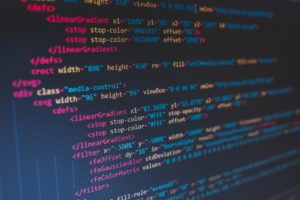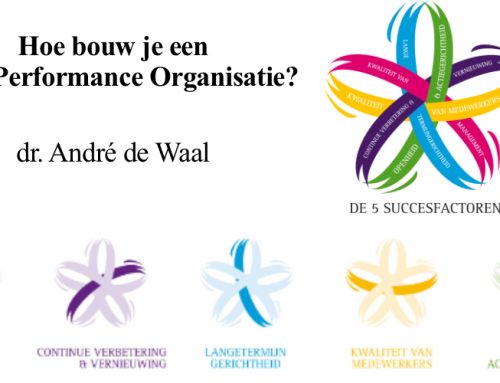Manipulation
When the Iraq War started in March 2003, the internet was well underway. You had access to many different news sources. And you could see how CNN, Al Arabiya, Al Jazeera, NOS and other channels sometimes approached the same images with completely different texts. As a developmental pyschologist and professional illusionist/mentalist I’m obsessed with directing perception. So I studied the news everyday to find out how they used images, words, structure, tone to guide the viewer to certain conclusions.
“This is the end of the power of propaganda!”, I thought in a hopeful enthusiastic mood: “Because now everyone can see with their own eyes how you can use the same base information and deliver wildly different stories: omit a detail here, add one there, strike a different tone, restructure some parts. It’s exactly what I do when I put together an illusion or mentalist act. The difference is that I use those constructions to help you gain more power over yourself. While in propagande, marketing fraude or other forms of crime, the same principles are used to gain power over your perception and decision making process.
Self-manipulation
The sun was shining in my head because once you understand how information in the news influences your thinking and conclusions, you immediately take the next step: look at how you select certain data, leave out details, add some new ones, restructure your story in order to influence the perception of others. A better understanding of how you do that will lead to more power over yourself, much better understanding of other people and more creativity. Who doesn’t want that?
Hack your mind
I realize now that my optimism made me forget about timelines and delay times in real life. For starters, not everyone in this world has access to information on the internet. There might not be any computers, there are many people who have difficulty reading, not all of the information may be available in your part of the world. And even if people do have access, they often consume the information in front of them instead of thinking about where it comes from and how it affects them.
But even when it will take many generations for this consciousness to become commonplace, the evolution will happen. The logic is inescapable. If that type of consciousness can happen on an individual level, it can happen on a larger scale as well. Over the last decades you can see how we’ve become much more self aware and spend much time reflecting on our own thoughts and behavior. We’re much more curious about how the information we take in, including food, affects us.
I have a science background and was a programmer at one point. So I enjoy using that type of thinking when I analyze how information affects me. When I think about habits, I think in terms of algorithms, for example a simple IF-THEN construction. For example, many years ago, I went to see a football game with my kids. The algorithm we used at home was: IF you are mad or frustrated, THEN you can’t use swear words (ELSE you go to your room for an hour). But when the referee made a stupid call, I heard myself say things I shouldn’t have. I instantly became aware of the algorithm and how the circumstances overruled this algorithm. Which led to a bad example for my kids.
Analyze your personal algorithms
So I had to get to work to investigate and adjust my personal algorithms. You can hack your own algorithms by picking a difficult situation: a decision you need to make, a dilemma, a conflict or anything that isn’t perfectly clear to you. Analyze what happens in your head by writing your thoughts and ideas in a storyboard kind of manner. See how some ideas are linked and how they are put in order in a IF-THEN-ELSE type of way.
For example, I get irritated when my 86-year-old mother calls and asks for help for her Mac laptop. I started to analyze why I got irritated. When I explain something to someone, my basic algorithm is: IF they ask for an answer, THEN I need to explain the principles underlying my answer first, ELSE they won’t be able to understand the answer.
So I start explaining: “On each screen you see three dots at the top left: green, yellow and red …”. She gets impatient and tells me to just give the answer. Which irritates me because I’m attached to my algorithm and refuse to change it. After I hacked it, I saw how I had used this algorithm many times very successfully. But also that it didn’t work all of the time. After developing alternative algorithms for those type of situations I became a much more effective helpdesk for my mother.
Hack others
Look especially at others who use other algorithms to come up with new ideas! You are not your algorithms / habits but you use them to get somewhere. And just like means of transport, there are always alternatives to get from A to B. With internet under your fingers you have billions of examples to expand your repertoire.
George Parker



